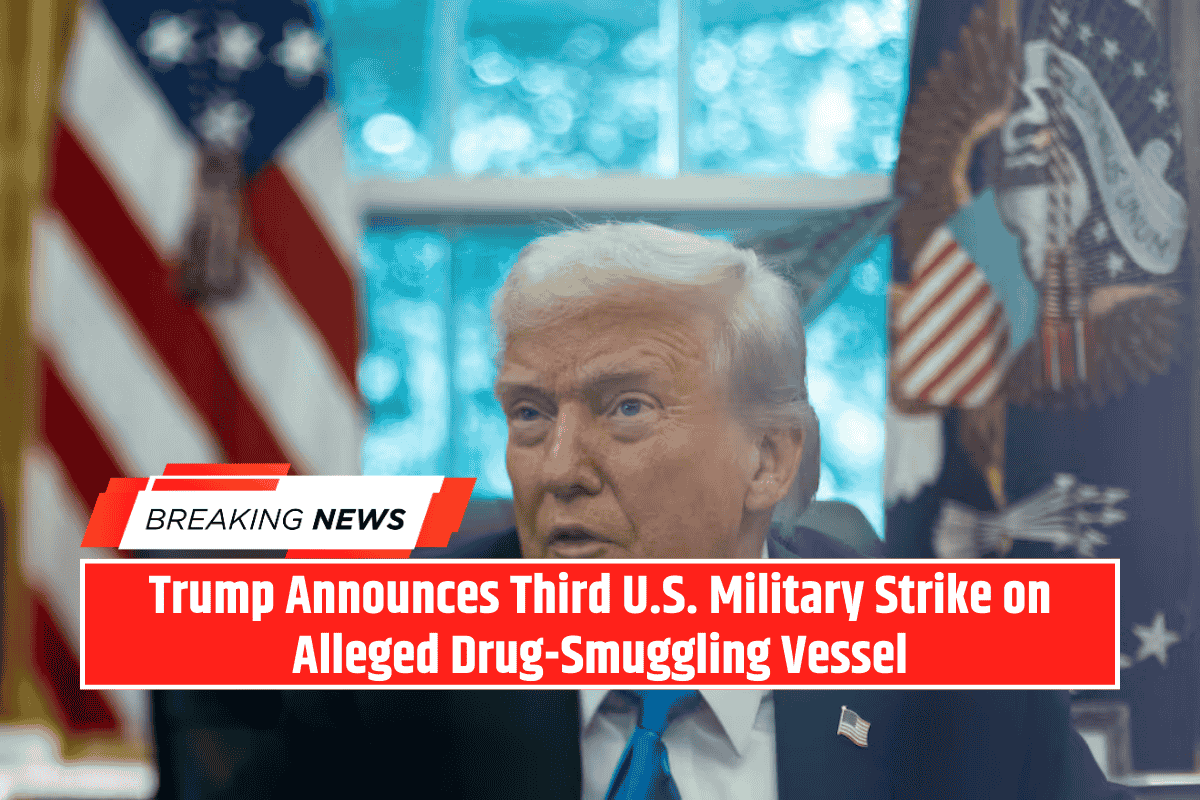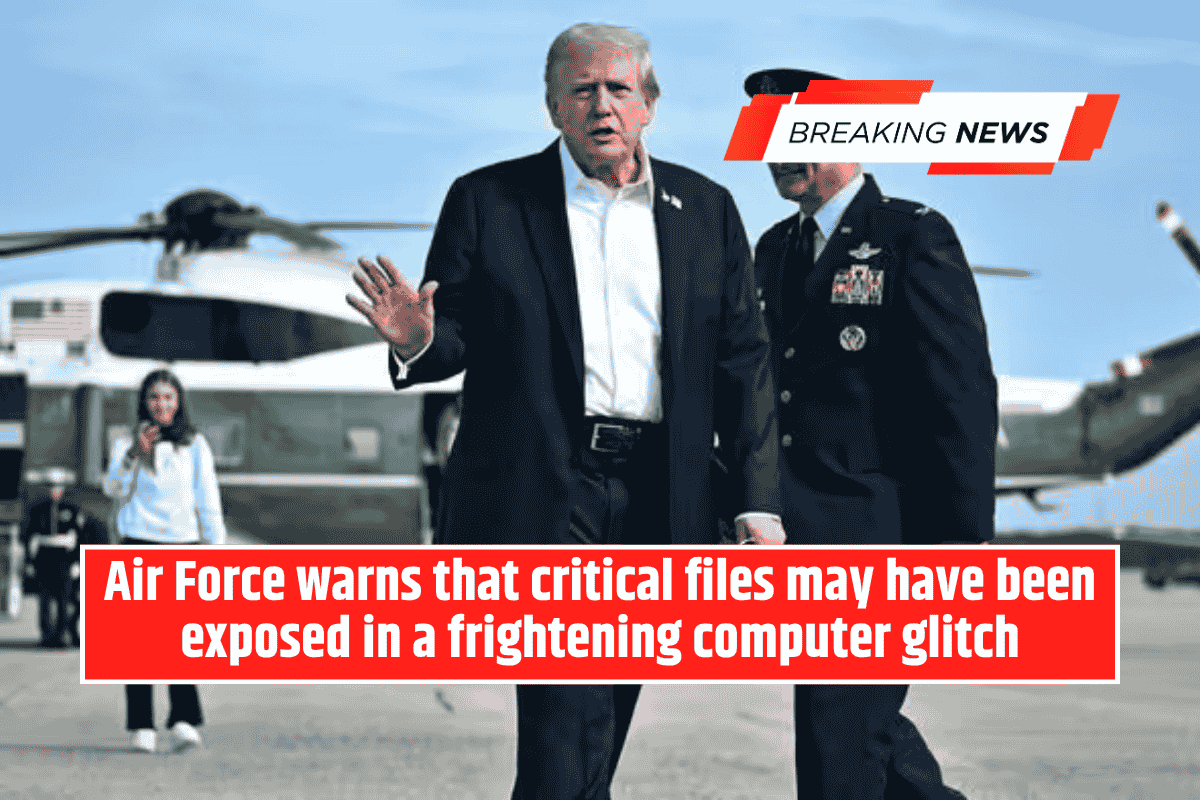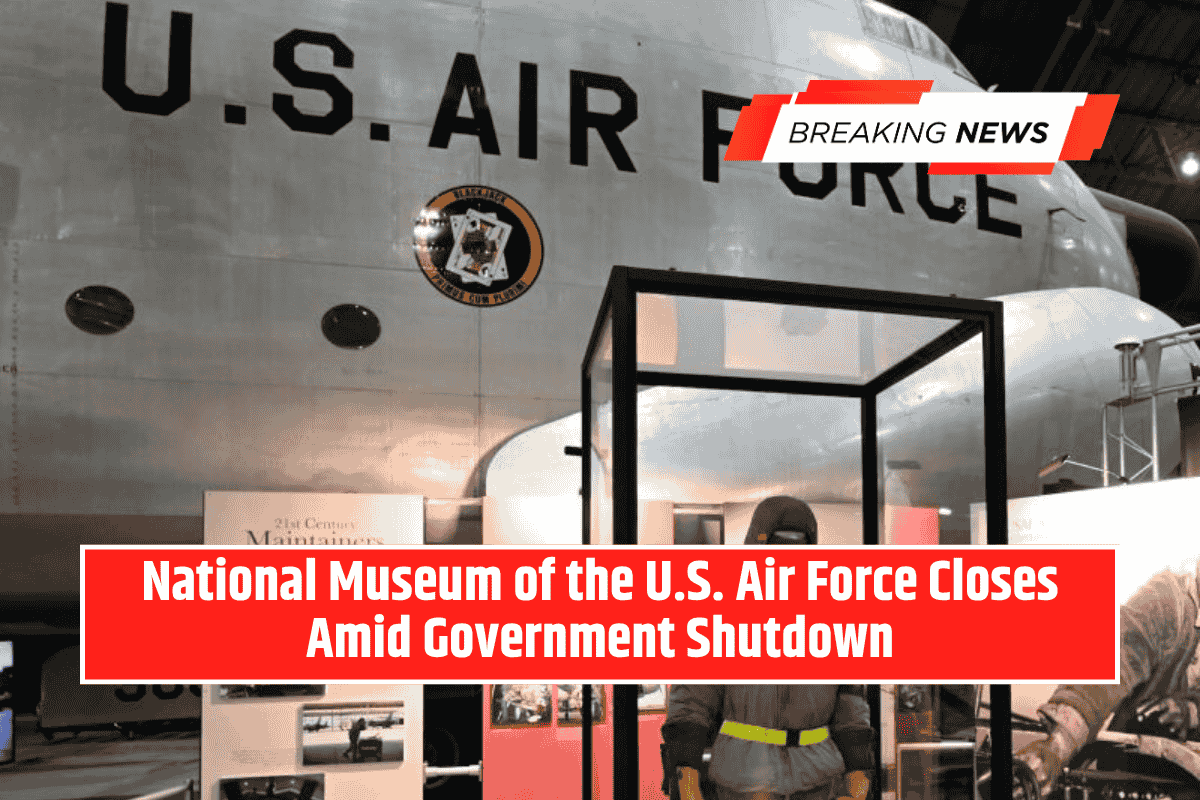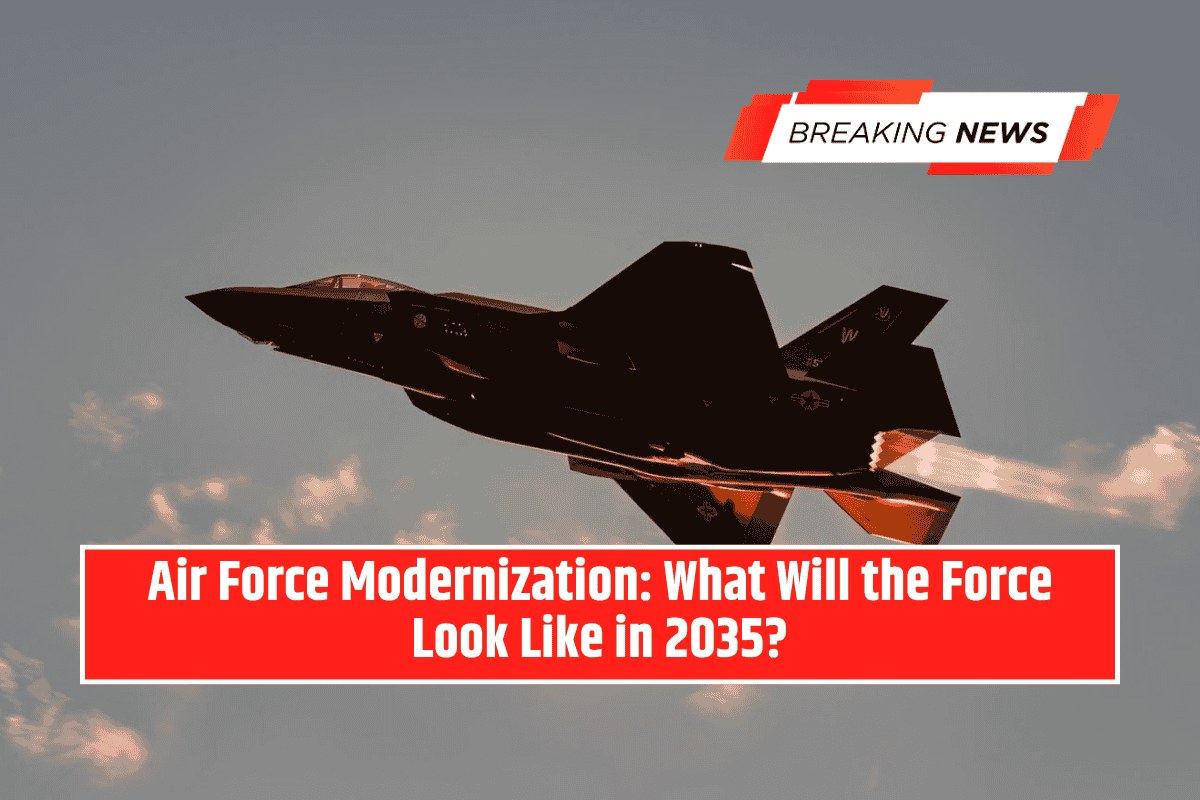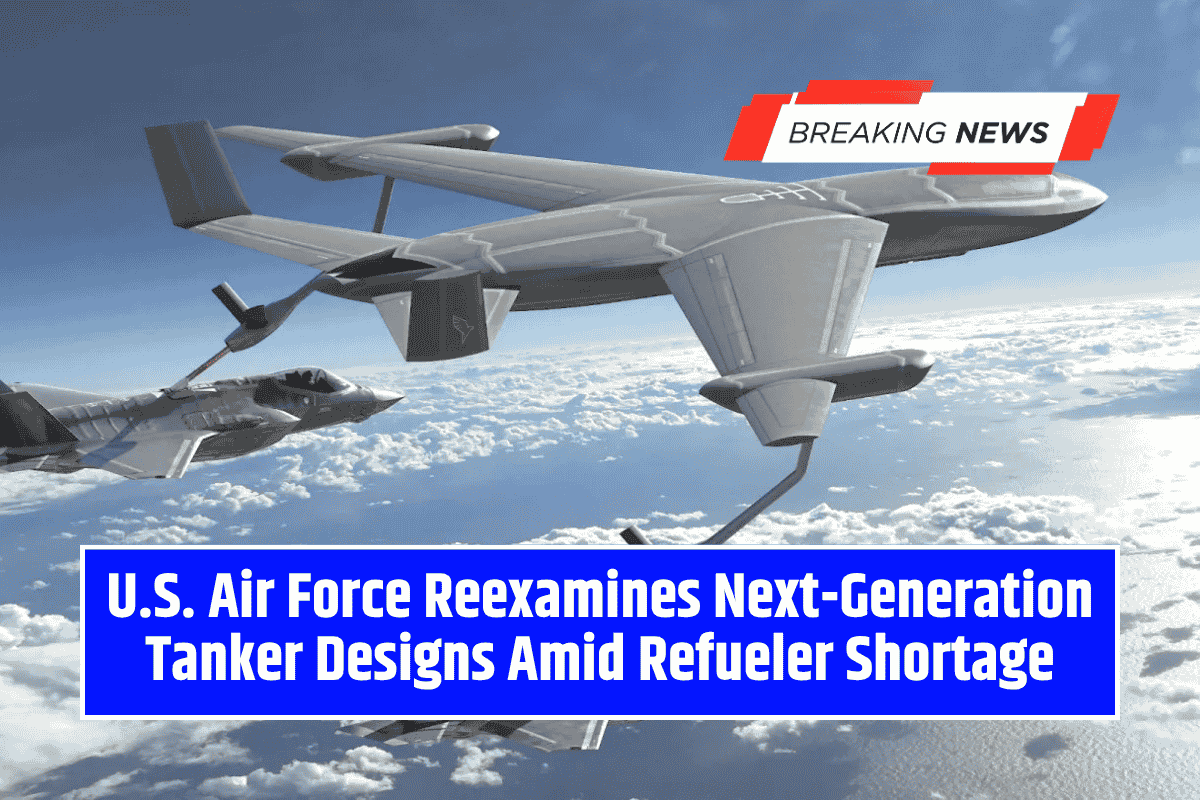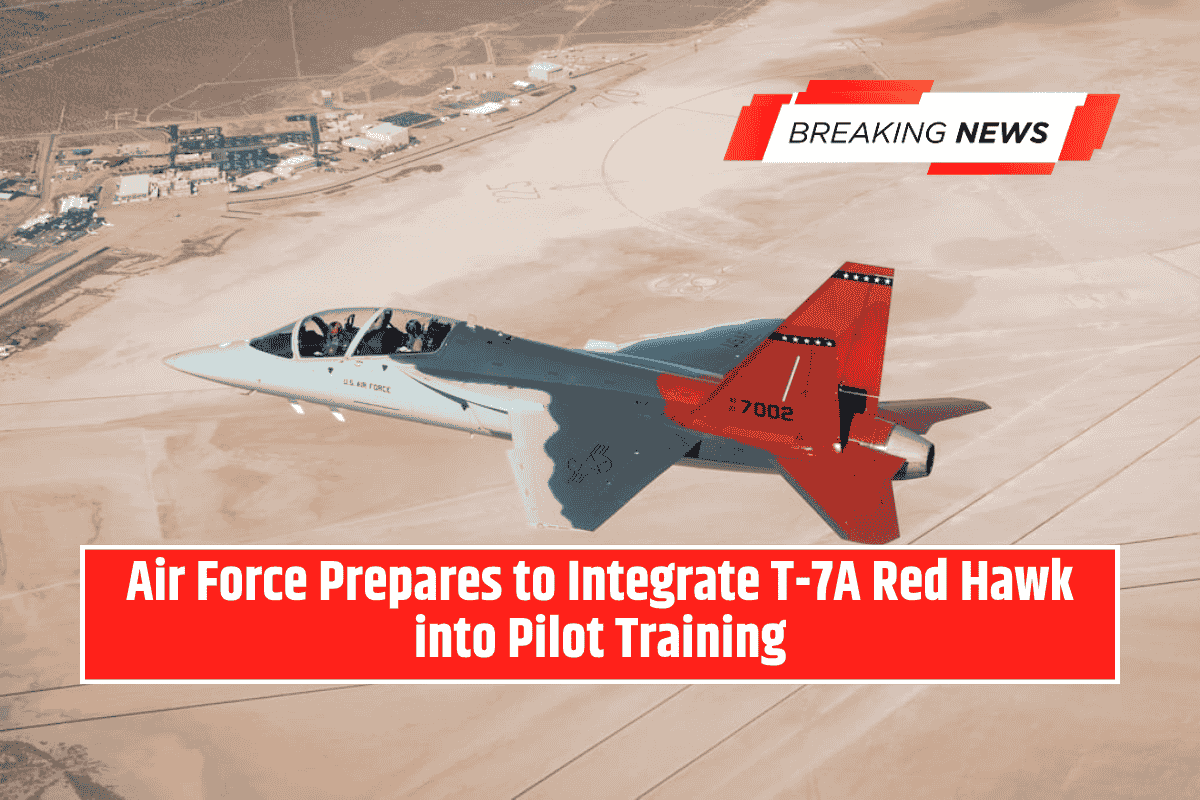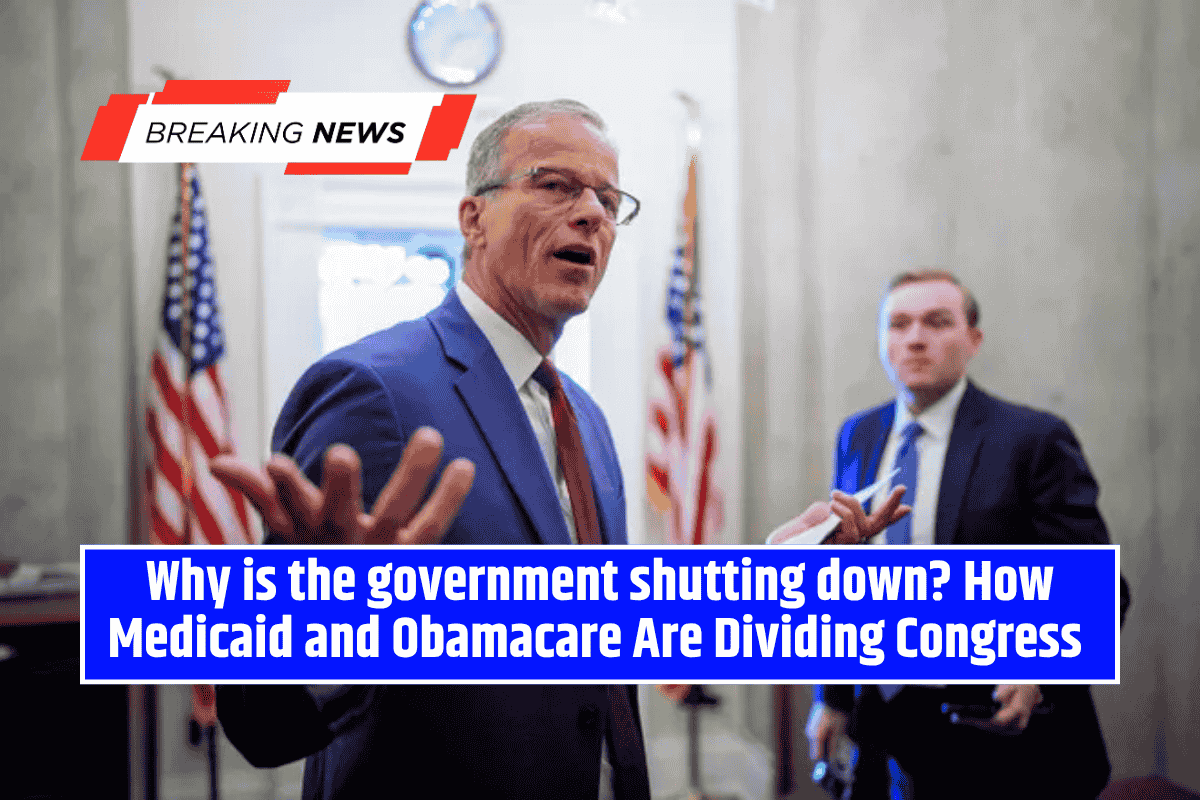Former President Donald Trump announced Friday that the U.S. military had conducted its third fatal strike this month against a suspected drug-smuggling vessel.
According to Trump, the latest strike killed three individuals aboard a vessel “affiliated with a Designated Terrorist Organization” operating within the USSOUTHCOM area of responsibility.
Trump did not specify the exact location of the strike, and both the White House and Pentagon declined immediate comment.
Allegations of Narcotrafficking
Trump’s statement claimed that intelligence confirmed the vessel was trafficking narcotics along a “known narcotrafficking passage” en route to the United States. He framed the operation as a necessary measure to prevent illicit drugs from reaching and “poisoning Americans.”
Recent Strikes in Context
This announcement follows two earlier strikes in September:
- Sept. 2, 2025: A strike on a speedboat allegedly carrying drugs killed 11 people. The Trump administration claimed the boat was operated by the Tren de Aragua gang, designated earlier in the year as a foreign terrorist organization.
- Sept. 15, 2025 (earlier this week): Another strike targeted a boat reportedly transporting drugs from Venezuela, killing three individuals.
Together, these operations represent a new phase of U.S. military involvement in counter-narcotics missions.
Legal and Political Controversy
While Trump has defended the actions as essential to stemming the flow of drugs into the U.S., the strikes have drawn bipartisan scrutiny:
- Senators from both parties have questioned whether the operations constitute an overreach of presidential authority.
- Human rights groups have raised concerns that the military is being used for law enforcement purposes, a role traditionally restricted under U.S. law.
The legality of deploying military force in such contexts remains a central point of debate as critics warn of blurred lines between national defense and domestic enforcement.
